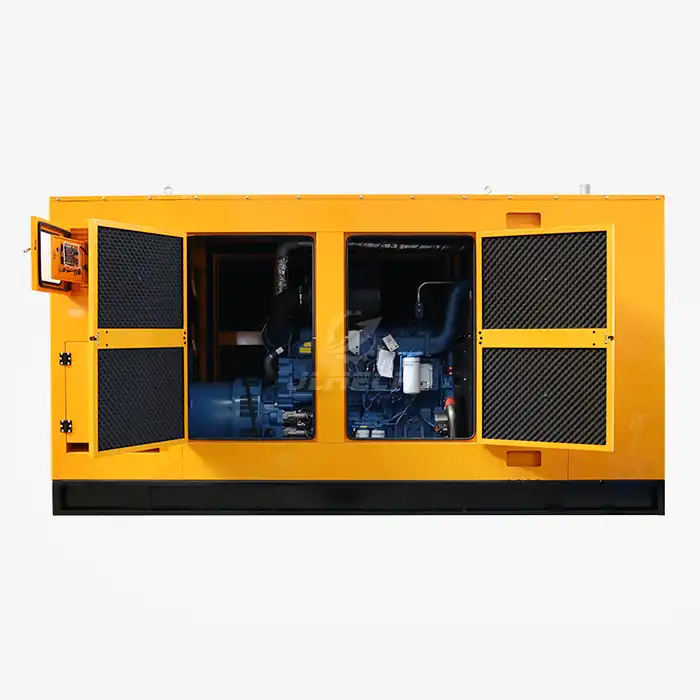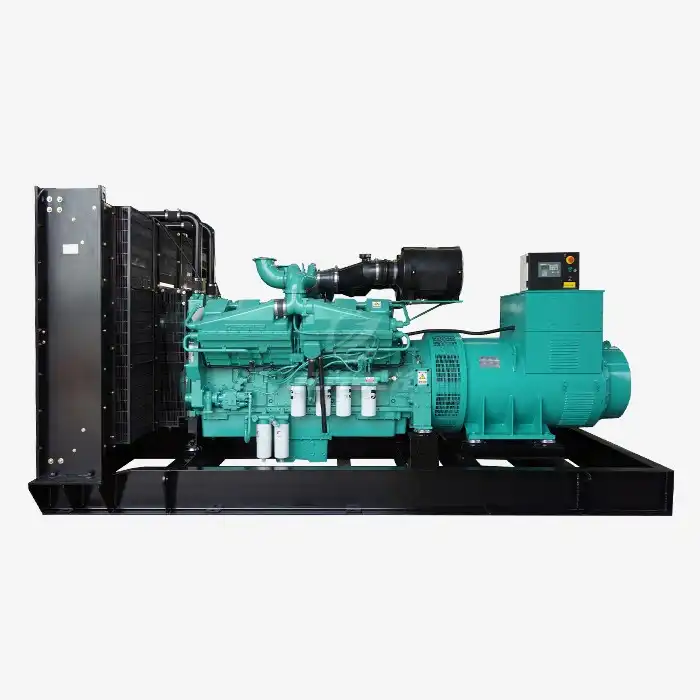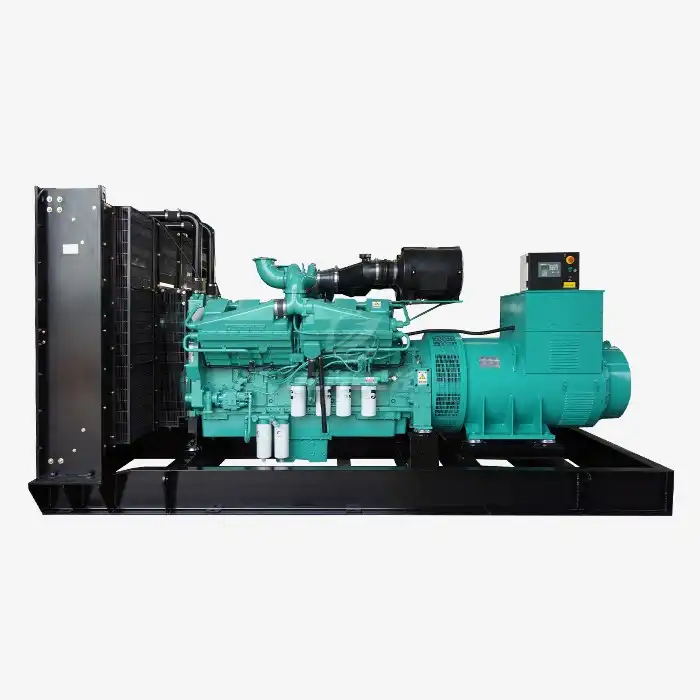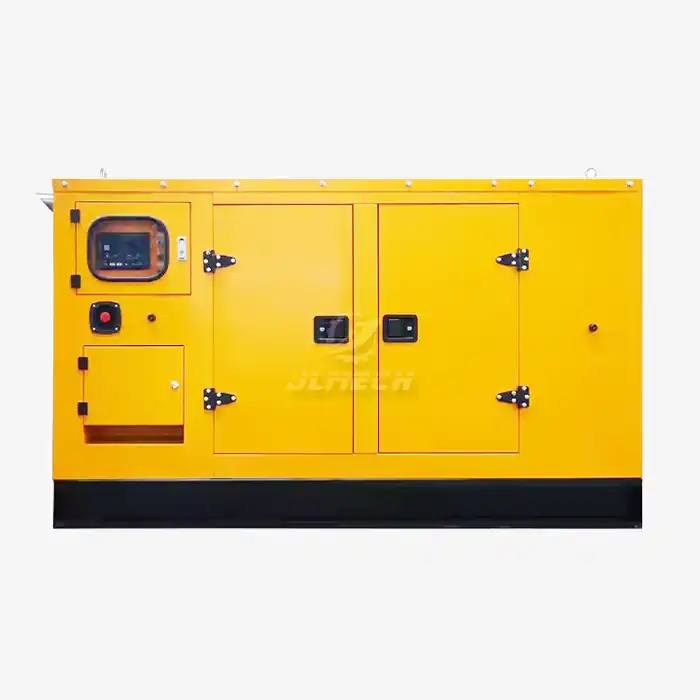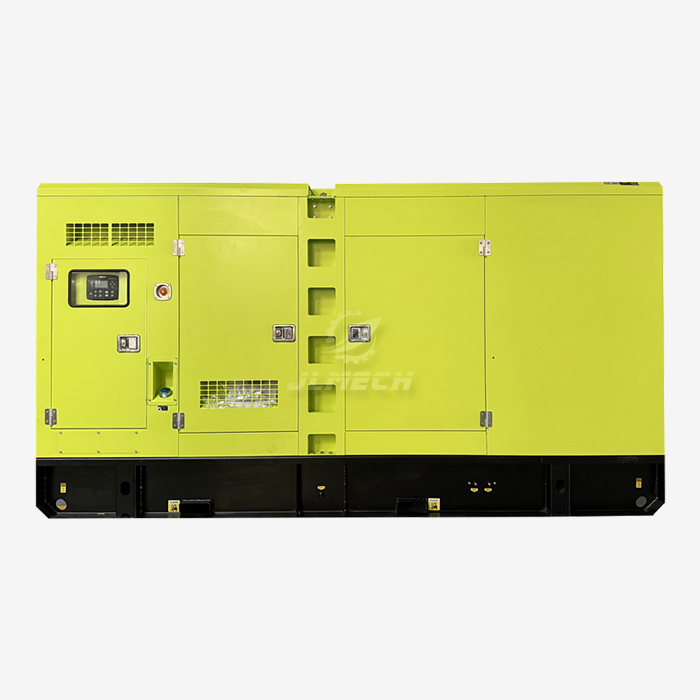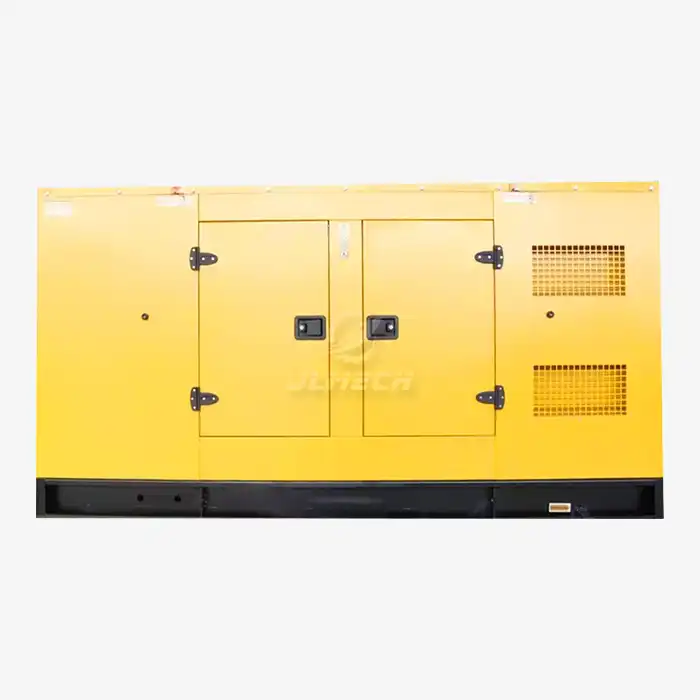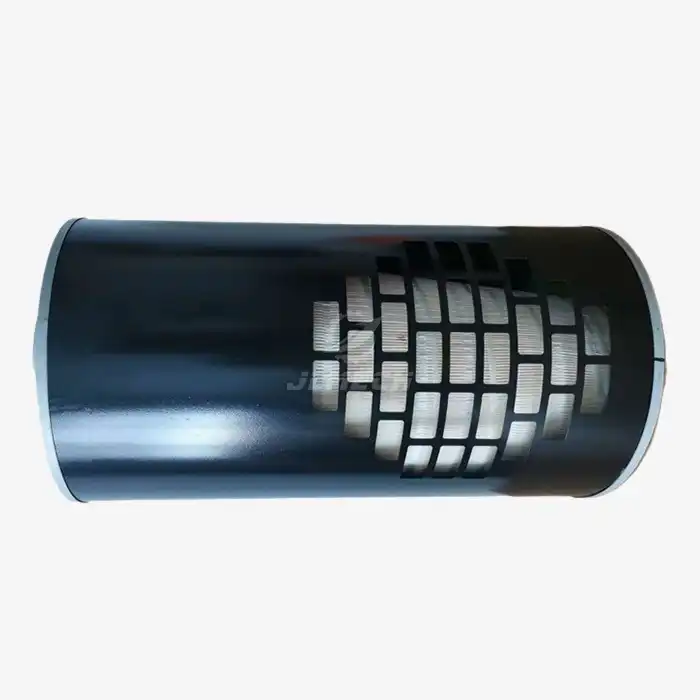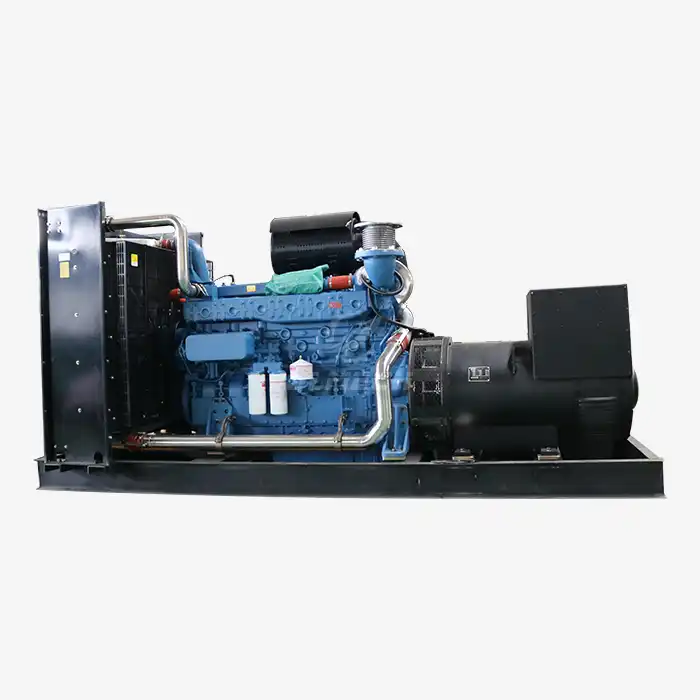What Insulation Classes Protect Diesel Generator Components?
When it comes to safeguarding the vital components of a diesel generator for home or industrial use, insulation classes play a crucial role. These classes, ranging from A to H and beyond, determine how well a generator's components can withstand heat and electrical stress. The primary insulation classes that protect diesel generator components are Class F and Class H. Class F insulation is designed to withstand temperatures up to 155°C (311°F), while Class H can handle temperatures up to 180°C (356°F). For homeowners and businesses relying on diesel generators as backup power sources, understanding these insulation classes is essential for ensuring longevity and reliability.
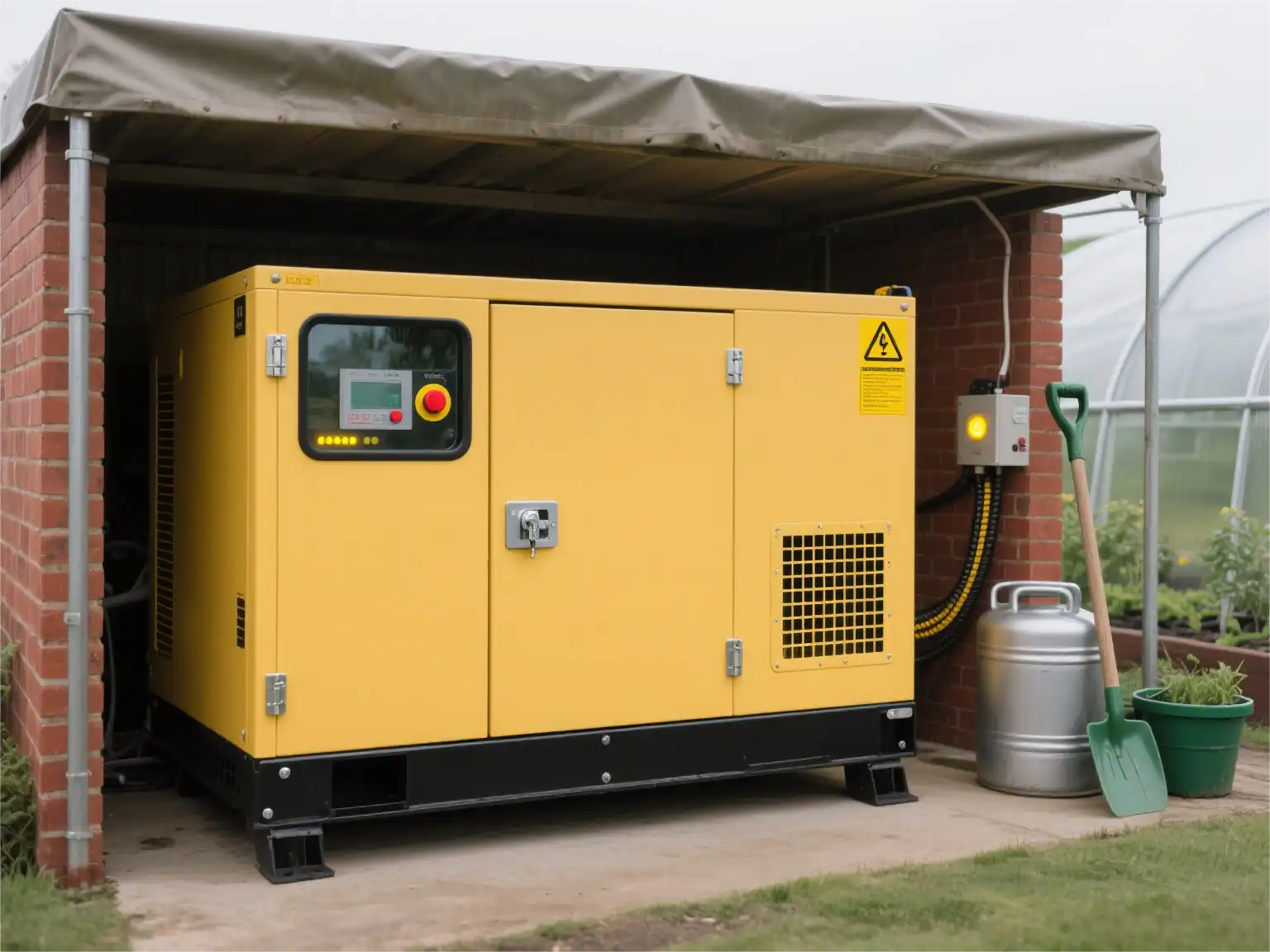
Understanding insulation classes: F, H, and beyond
Insulation classes are standardized by the National Electrical Manufacturers Association (NEMA) and the International Electrotechnical Commission (IEC). These classifications indicate the maximum operating temperature that the insulating materials can withstand without degrading. For applications such as a diesel generator for home, selecting the appropriate insulation class is especially important. Let's break down the most common classes:
Class F Insulation
Class F insulation is widely used in modern diesel generators. It can withstand continuous exposure to temperatures up to 155°C (311°F). This class offers a good balance between cost and performance, making it suitable for many applications, including residential backup power systems.
Class H Insulation
Class H insulation provides superior heat resistance, capable of withstanding temperatures up to 180°C (356°F). This class is often used in industrial generators or those operating in high-temperature environments. While more expensive, Class H insulation can extend the life of generator components and improve overall reliability.
Beyond Class H
Some specialized applications may require even higher temperature resistance. Classes N (200°C / 392°F) and R (220°C / 428°F) exist for these extreme cases. However, these are rarely used in standard diesel generators and are more common in specialized industrial equipment.
Matching insulation to generator operating conditions
Selecting the right insulation class for your diesel generator depends on various factors, including the intended use, operating environment, and expected load. Here's how to match insulation to different operating conditions:
Ambient Temperature Considerations
The ambient temperature of the generator's operating environment plays a significant role in determining the appropriate insulation class. For generators installed in air-conditioned spaces or moderate climates, Class F insulation may be sufficient. However, for generators operating in hot climates or enclosed spaces with poor ventilation, Class H insulation might be necessary to prevent premature component failure.
Load Profile Analysis
The load profile of the generator also impacts insulation requirements. Generators that frequently operate at or near full capacity generate more heat and may benefit from higher insulation classes. For the use of diesel generator for home that typically run at partial loads during power outages, Class F insulation is often adequate.
Duty Cycle Evaluation
Generators used for standby power may have different insulation needs compared to those used for continuous operation. Standby generators that run infrequently and for short durations can often use Class F insulation. In contrast, prime power generators that operate for extended periods may require Class H insulation to maintain long-term reliability.
Jlmech understands the importance of matching insulation classes to specific operating conditions. Our team of experts works closely with clients to determine the optimal insulation class for each application, ensuring maximum performance and longevity of our diesel generators.
Long-term benefits of proper component insulation
Investing in a diesel generator with appropriate insulation yields numerous long-term benefits:
Extended Component Lifespan
Proper insulation significantly extends the lifespan of critical generator components, particularly the windings. This reduces the frequency of repairs and replacements, lowering overall maintenance costs and improving the return on investment.
Improved Reliability
Well-insulated components are less likely to fail during operation, enhancing the overall reliability of the generator. This is particularly important for applications where continuous power is critical, such as in healthcare facilities or data centers.
Enhanced Efficiency
Generators with appropriate insulation maintain their efficiency over time, as the components are less likely to degrade due to thermal stress. This results in consistent power output and fuel efficiency throughout the generator's lifespan.
Increased Safety
Proper insulation reduces the risk of electrical faults and fires, enhancing the safety of the generator and its surroundings. This is especially important for diesel generator for home use, where safety is paramount.
Jlmech takes pride in offering diesel generators with top-quality insulation tailored to each customer's needs. Our range includes generators suitable for various applications, from home backup power to industrial use. Let's take a closer look at our diesel generator offerings:
Jlmech's diesel generators are designed to meet diverse power needs, with AC outputs ranging from 20 to 3000 KW. We offer flexibility in rated AC voltage (110V/220V/380V) and frequency (50HZ/60HZ) to accommodate different regional standards. Our generators feature engine speeds from 1500 to 3000 RPM and are available in single or three-phase configurations.
For clients requiring portability, our movable diesel generators are built with reinforced frames and all-terrain wheels, making them ideal for construction sites, remote locations, and temporary events. These generators combine durability with versatility, ensuring reliable power wherever it's needed.
All Jlmech generators are equipped with water-cooling systems and electric starting mechanisms for efficient operation. We offer both silent and open frame types to suit various environmental requirements. Our generators are certified to meet CE, Euro 5, EPA, and CARB standards, ensuring compliance with international regulations.
What sets Jlmech apart is our commitment to customization. We understand that every power need is unique, which is why we offer OEM/ODM services. Our team of 52 engineers and 27 senior engineers work tirelessly to refine designs and meet specific client requirements. Whether you need a compact generator for home use or a high-capacity unit for industrial applications, Jlmech has the expertise to deliver.
Conclusion
Choosing the right insulation class for your diesel generator components is crucial for ensuring long-term reliability and performance. Whether you're looking for a diesel generator for home backup or an industrial power solution, understanding insulation classes will help you make an informed decision.
At Jlmech, we're committed to providing top-quality diesel generators with optimal insulation for every application. With our extensive experience in power solutions and global expertise, we're equipped to meet the diverse needs of industries ranging from manufacturing and construction to healthcare and agriculture.
Ready to find the perfect diesel generator for your needs? Contact Jlmech today at skala@whjlmech.com to discuss your power requirements. Our team of experts is standing by to help you select a generator with the right insulation class and features to ensure reliable, efficient power for years to come.
References
1. National Electrical Manufacturers Association (NEMA). "NEMA MG 1-2016: Motors and Generators."
2. International Electrotechnical Commission (IEC). "IEC 60085:2007: Electrical insulation - Thermal evaluation and designation."
3. IEEE. "IEEE Std 1776-2008: Recommended Practice for Thermal Evaluation of Unsealed or Sealed Insulation Systems for AC Electric Machinery Employing Form-Wound Pre-Insulated Stator Coils for Machines Rated 15000 V and Below."
4. Diesel Service & Supply. "Generator Insulation Classes Explained."
5. Power Systems Research. "The Importance of Insulation in Generator Windings."
6. Electrical Construction & Maintenance (EC&M). "Understanding Insulation Systems and Thermal Classifications."



